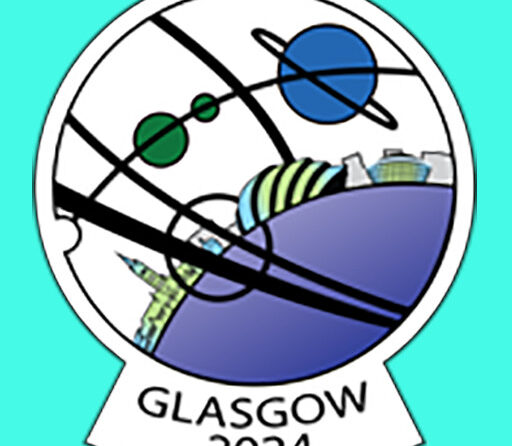“According to judge Araceli Martínez-Olguín, authors behind three separate lawsuits—including Sarah Silverman, Michael Chabon, and Paul Tremblay—have failed to provide evidence supporting any of their claims except for direct copyright infringement.”
A California US District Court Judge has almost universally rejected claims of copyright infringement in cases brought against OpenAI.
Read the full report here:
Judge rejects most ChatGPT copyright claims from book authors
Amazing Stories has previously issued a policy statement regarding the use of AI materials, and has routinely stated that the LLMs in use do not infringe. The debate continues, but this current ruling seems pretty definitive
ETA: Summary of the claims and rulings:
(Summarized from the Court House News Service article.)
In a July 2023 complaint against OpenAI, … [Plaintiffs] claimed ChatGPT can accurately summarize their books when prompted, and say they didn’t give OpenAI permission to use their copyrighted books to train ChatGPT.
Defendant claimed “… the authors claim every single output of ChatGPT is an infringing “derivative work” but have failed to show that the accused work shares copyright-protected, expressive elements with the original works.”
Dismissed owing to “vicarious copyright infringement claims fail because the protection does not extend to every idea, theory and fact underlying a copyrighted work, and that the plaintiffs had failed to prove ChatGPT directly copied their work.”
In a separate case, [Plaintiff] sued Meta claiming its LLaMa language model copied her work
The second case was dismissed – Plaintiff “didn’t provide evidence that LLaMa’s outputs were substantially similar to (their) books”
Plaintiffs also claimed – “… OpenAI’s failure to state which internet books it uses to train ChatGPT shows that it knowingly enabled infringement, because ChatGPT users will not know if any output is infringing.”
““Plaintiffs do not point to any case law to suggest that failure to reveal such information has any bearing on whether the alleged removal of CMI in an internal database will knowingly enable infringement,”
“The authors also brought unfair competition law claims against OpenAI, saying the company engaged in unlawful business practices and violated the Digital Millennium Copyright Act. But Martinez-Olguin tossed those claims because the plaintiffs had failed to show that OpenAI reproduced and distributed copies of their books.”
“The fraudulent claim under the unfair competition law suffered a similar fate, but the judge advanced the unfair claim because California courts have interpreted unfairness broadly and the plaintiffs made a sufficient showing of unfairness at this stage in the litigation.”










1 Comment